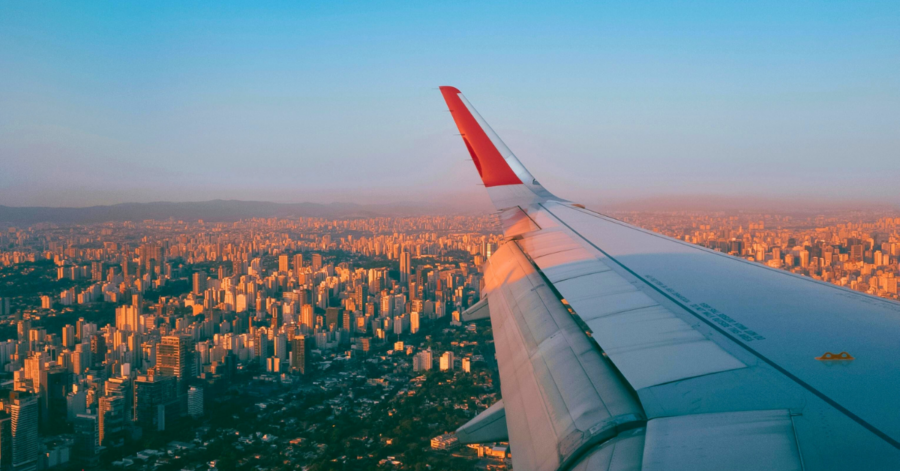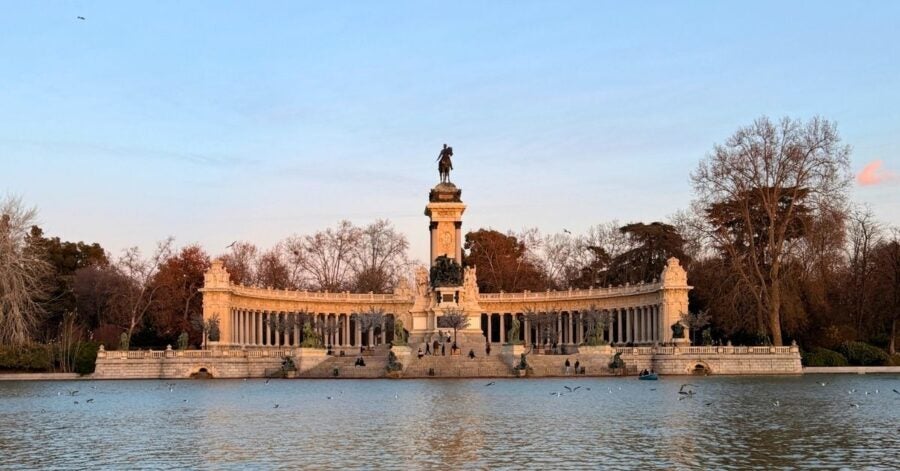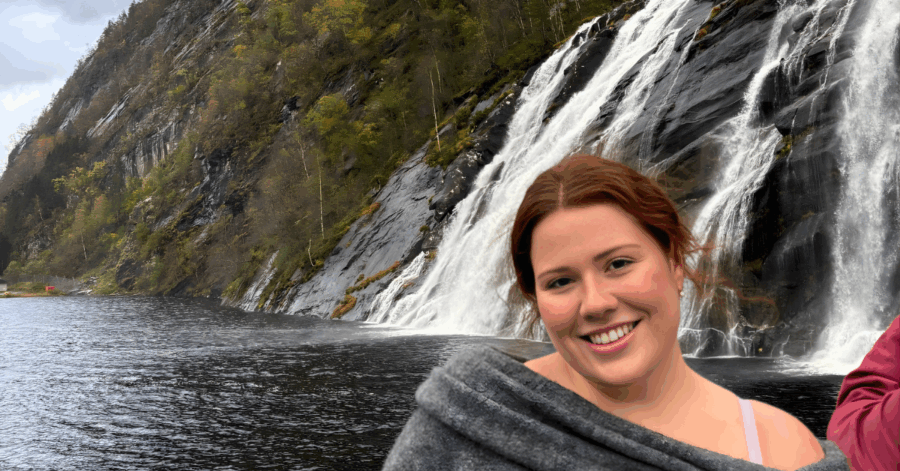Part of my reasoning for going abroad was that I wasn’t sure about my direction after undergrad. I knew I was interested in grad school, but not anything beyond that. I had many interests, but not one I was passionate about enough to study for a master’s or PhD. I wanted to take classes radically different from those offered at UT so I could develop those interests further and figure out what I was passionate about. Even though a few classes here are the same to a UT class, like conservation bio, the class is framed within an Australian context, so I still get a different perspective than what I would have at home.

Classes here are big on practical experience. Every class has a lab component or field trips/work, mainly to expose students to the kind of lab and field work required for a postgrad degree. In wildlife conservation, we went trapping quenda and conducted population estimates across habitat types (my last blog, Catching Quenda). After that amazing night, I found I loved working in the field. Field biology was where I wanted to end up.
In conservation, I’ve learned about the exciting methods and efforts in Western Australia, and even America. Many case studies we discussed surrounded around the failures and successes with the wolves in Yellowstone being the pinnacle example of a success story. I learned about novel recourses and ecosystems, resources and habitat for animals that are only here as a direct effect of humans. For example, falcons nesting in planters on an apartment balcony. I was fascinated by how species are adapting before us, or not.

So, field biology, and novel ecosystems. What else? It’s who else- Kingsley Dixon. He gave presentations in two of my classes and every time, he’s had me on the edge of my seat. This man wrote the Australian and international standards of ecological restoration. He’s on the international board in D.C. For an ecology buff like me, this man is a legend. There are standards of food, medicine, medical practice, so why not ecological restoration? The land we use for farming and agriculture is just a loan from Earth and even from indigenous people. It’s time to start returning that land in the condition it was. Earth can’t recover fast enough to keep up with climate change, so restoration is like giving nature a helping hand.

But wait- novel ecosystems. Flora and fauna have been trying to cut out their spot in the Anthropocene. So how will restoring even the smallest of lands to natural habitat affect them? Is a full restoration even possible? Should we be aiming for a hybrid system to accommodate both humans and plants and animals? These are my questions I’m burning to answer. While I don’t want to say where, I have found several grad schools I’m interested in because of everything I’ve learned here! Here’s to hoping that in a few years this path will come to realization!
Ally Gunderson is a 2019 Global Ambassador. She is a biology major studying at the University of Western Australia in Perth, Australia.
Don’t get left behind. Read more about Ally’s experience in Australia>>





